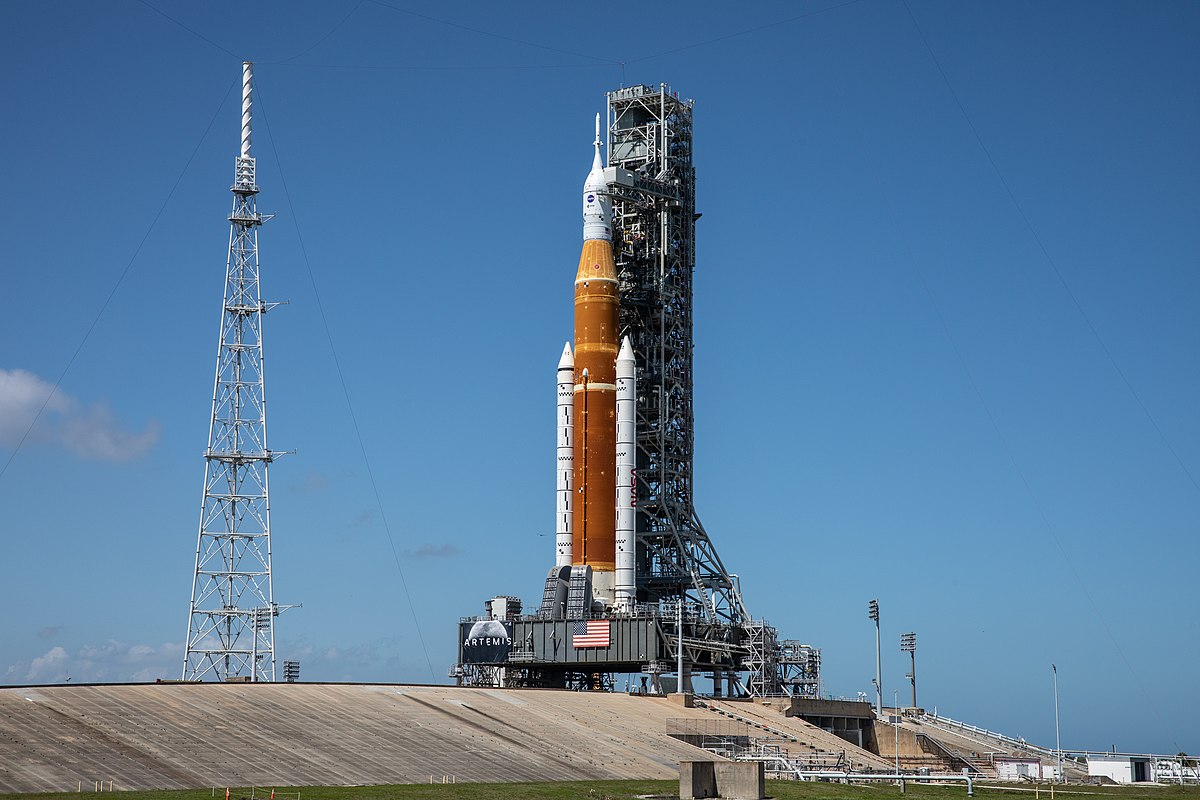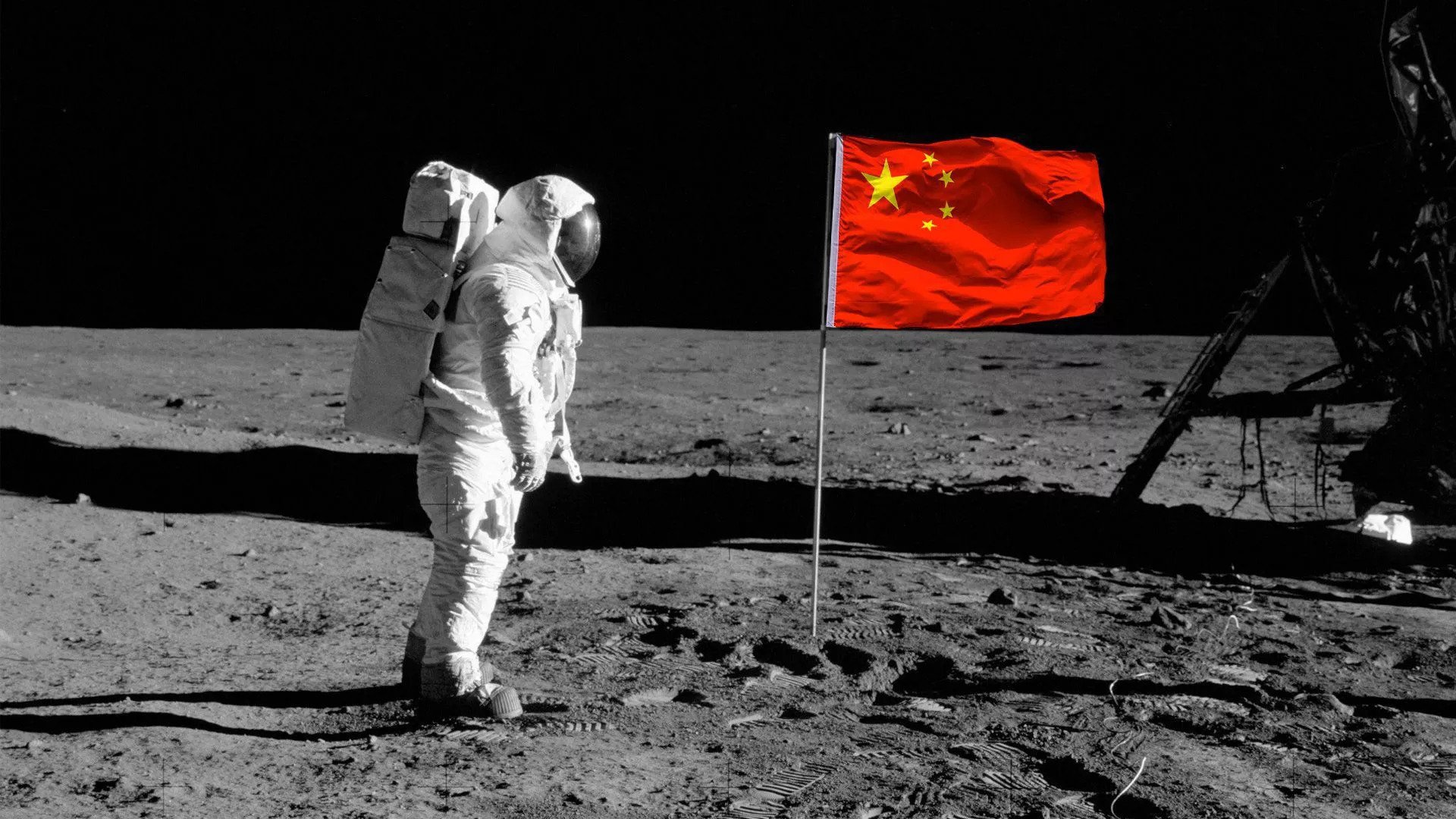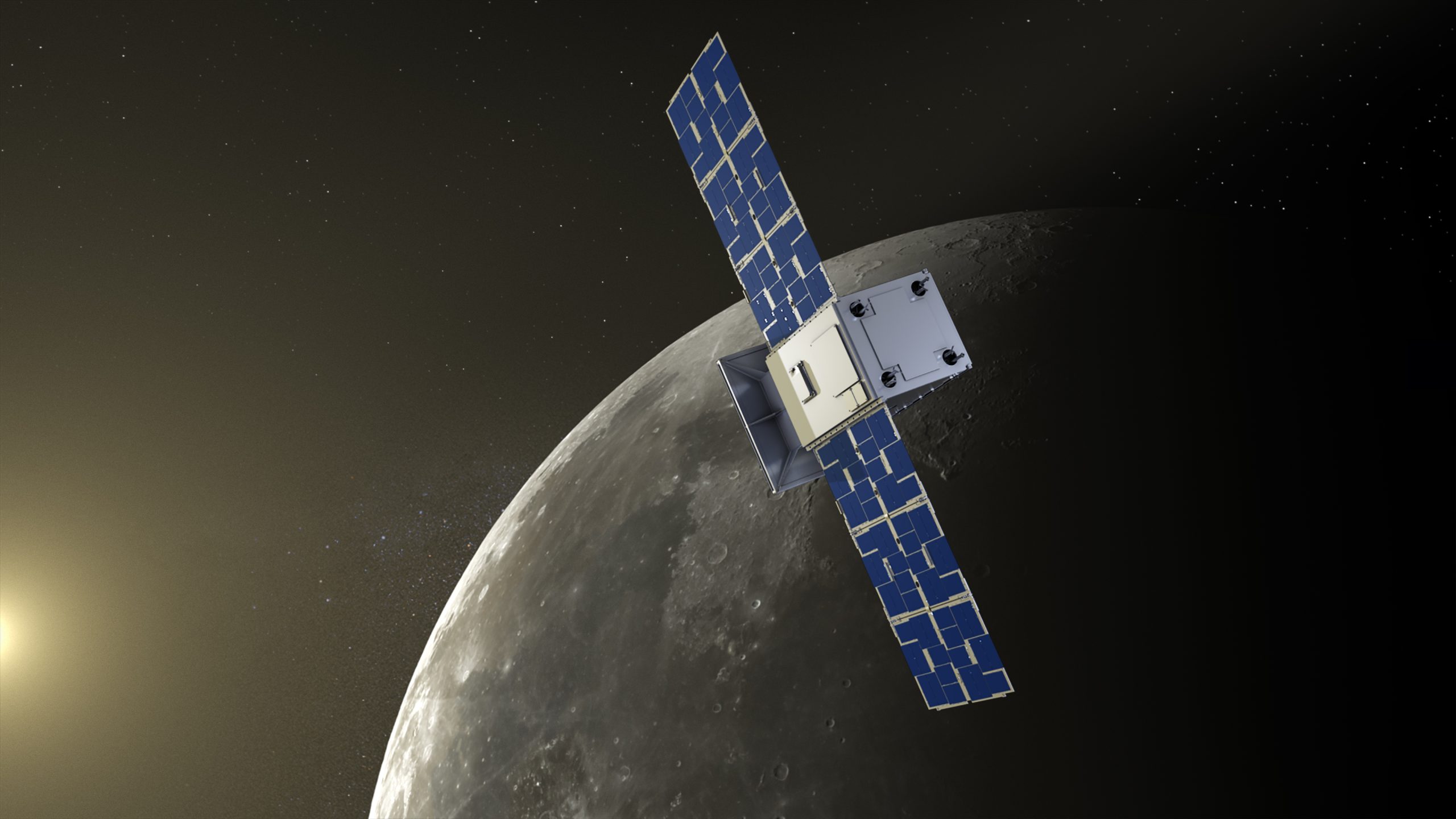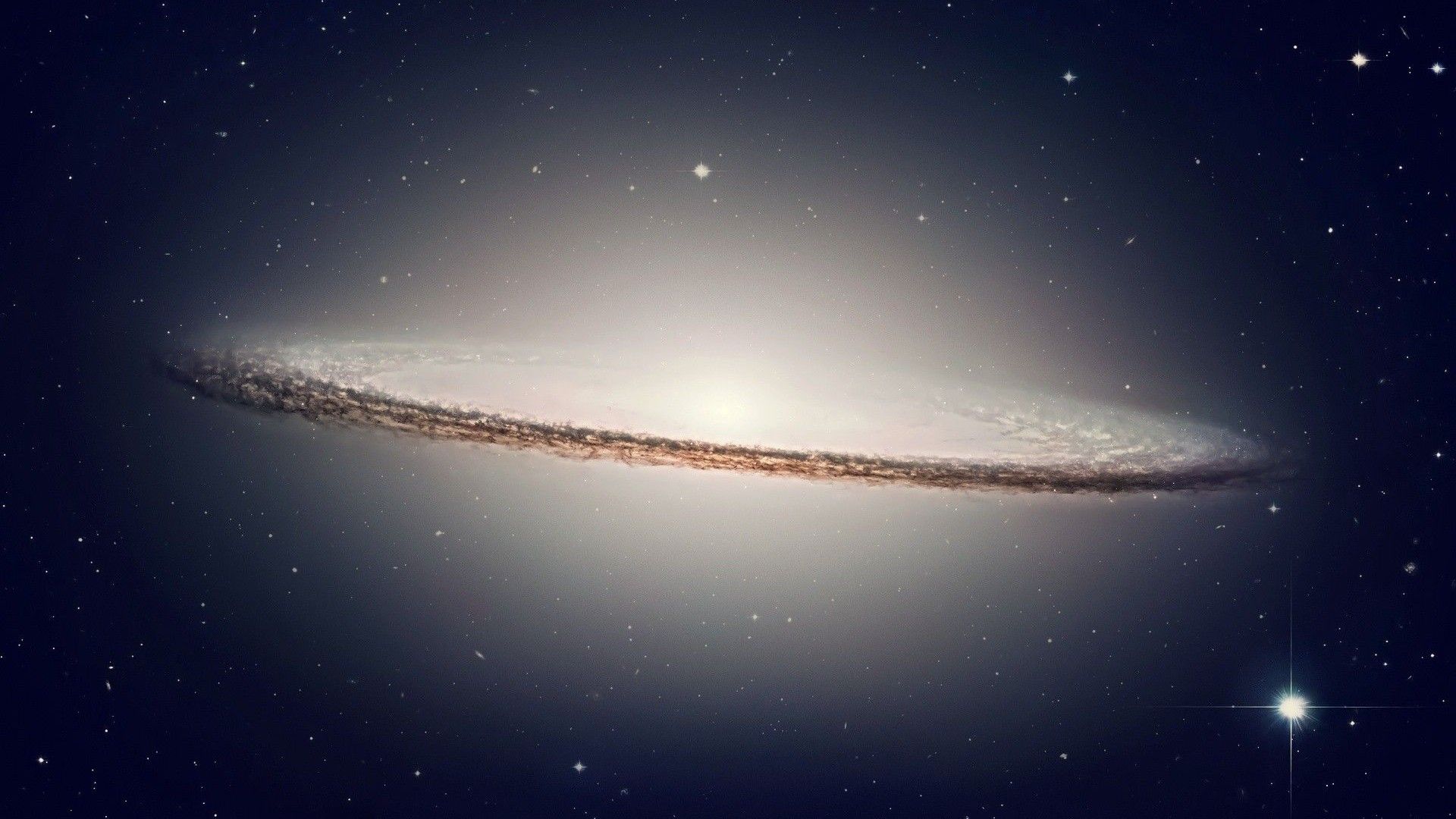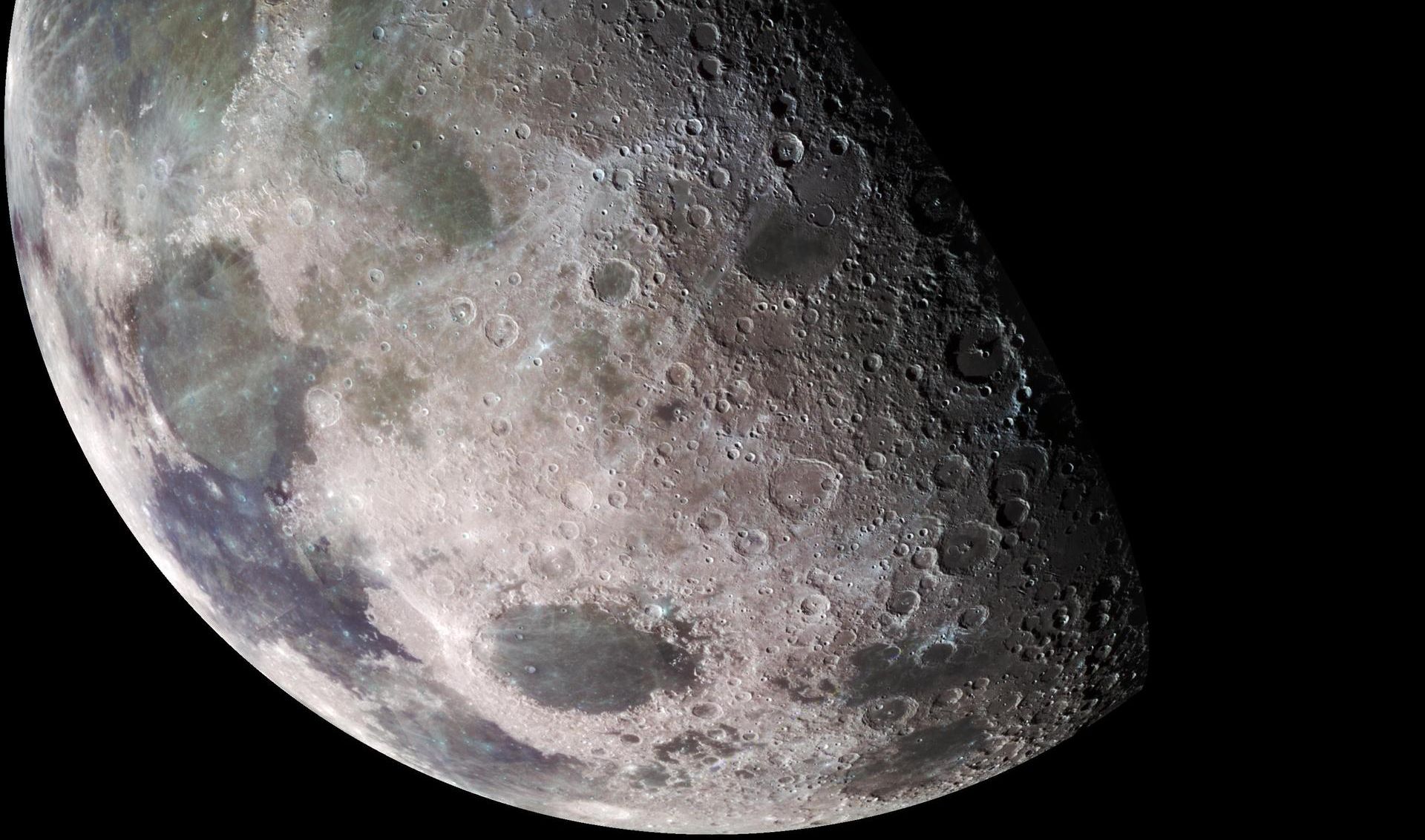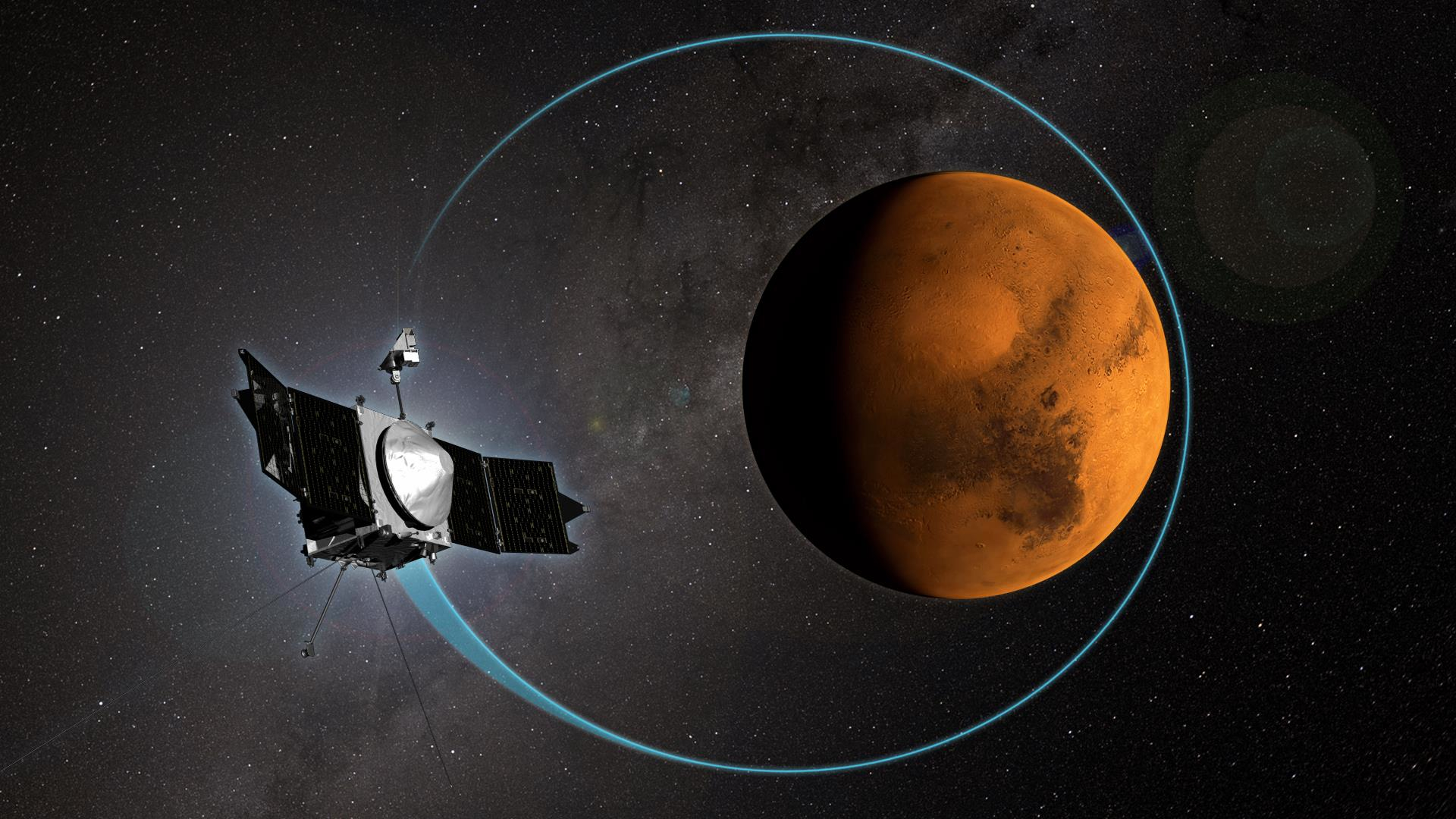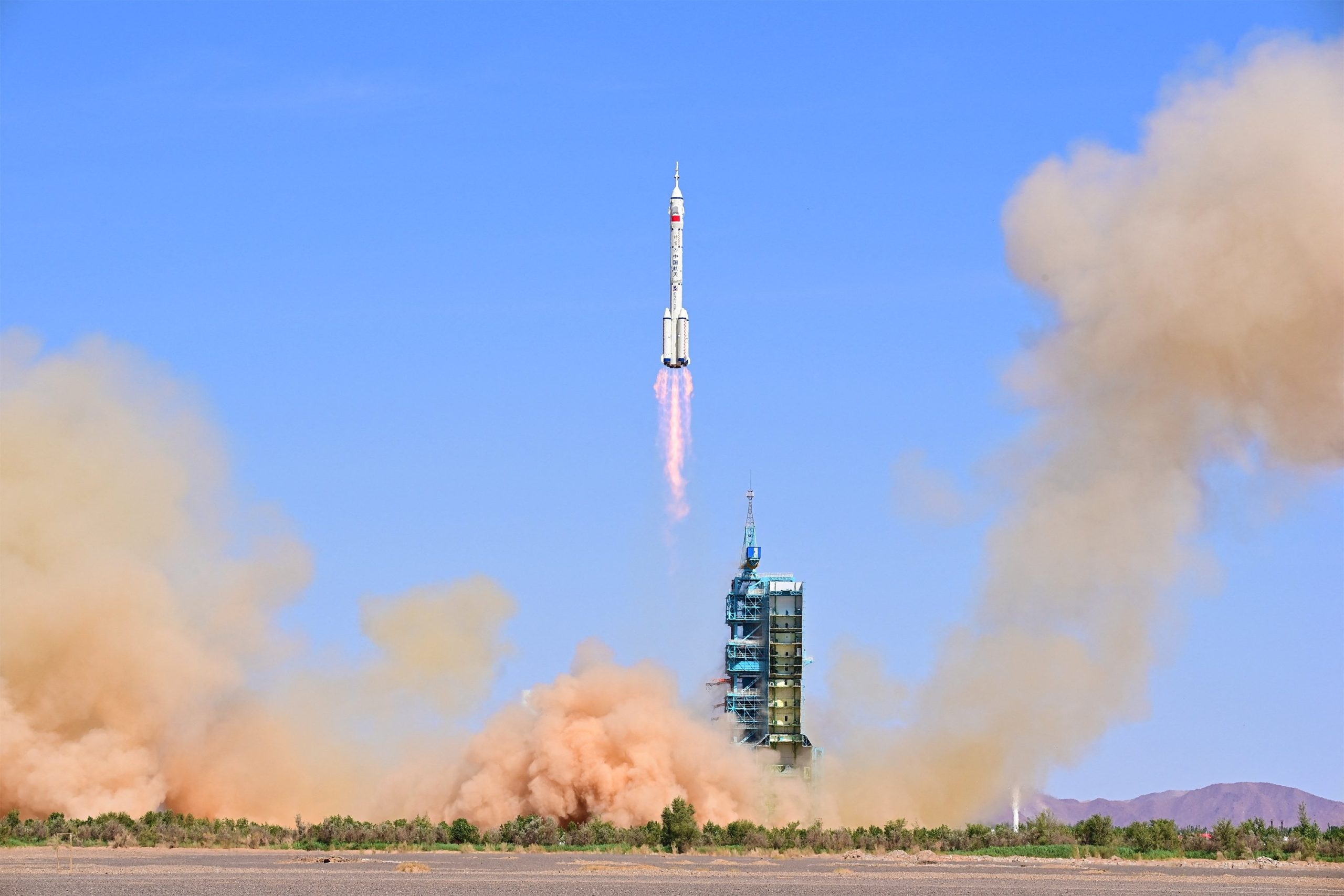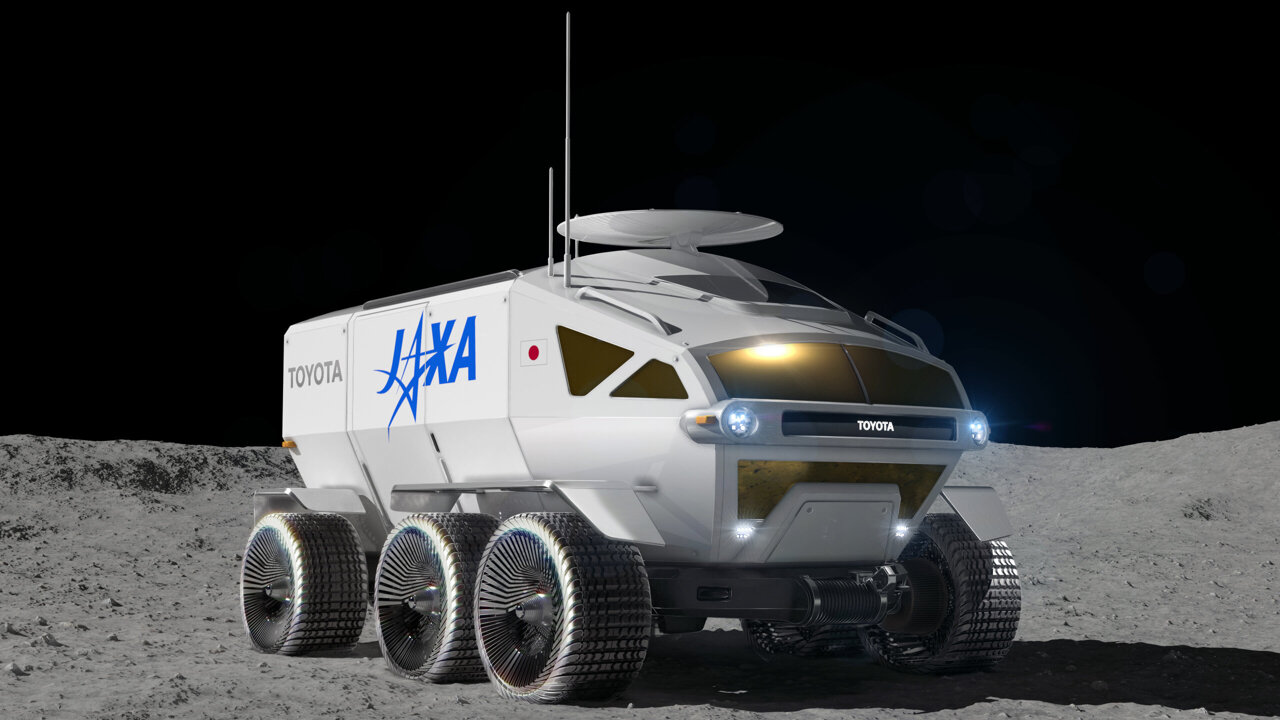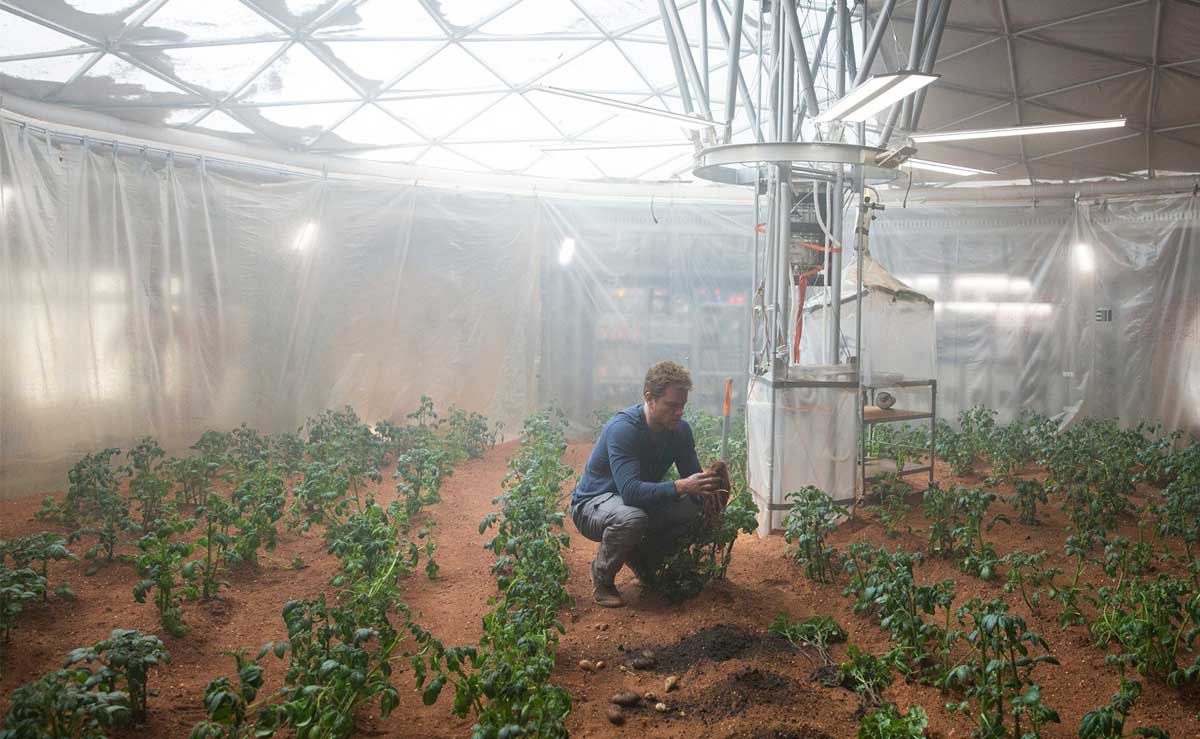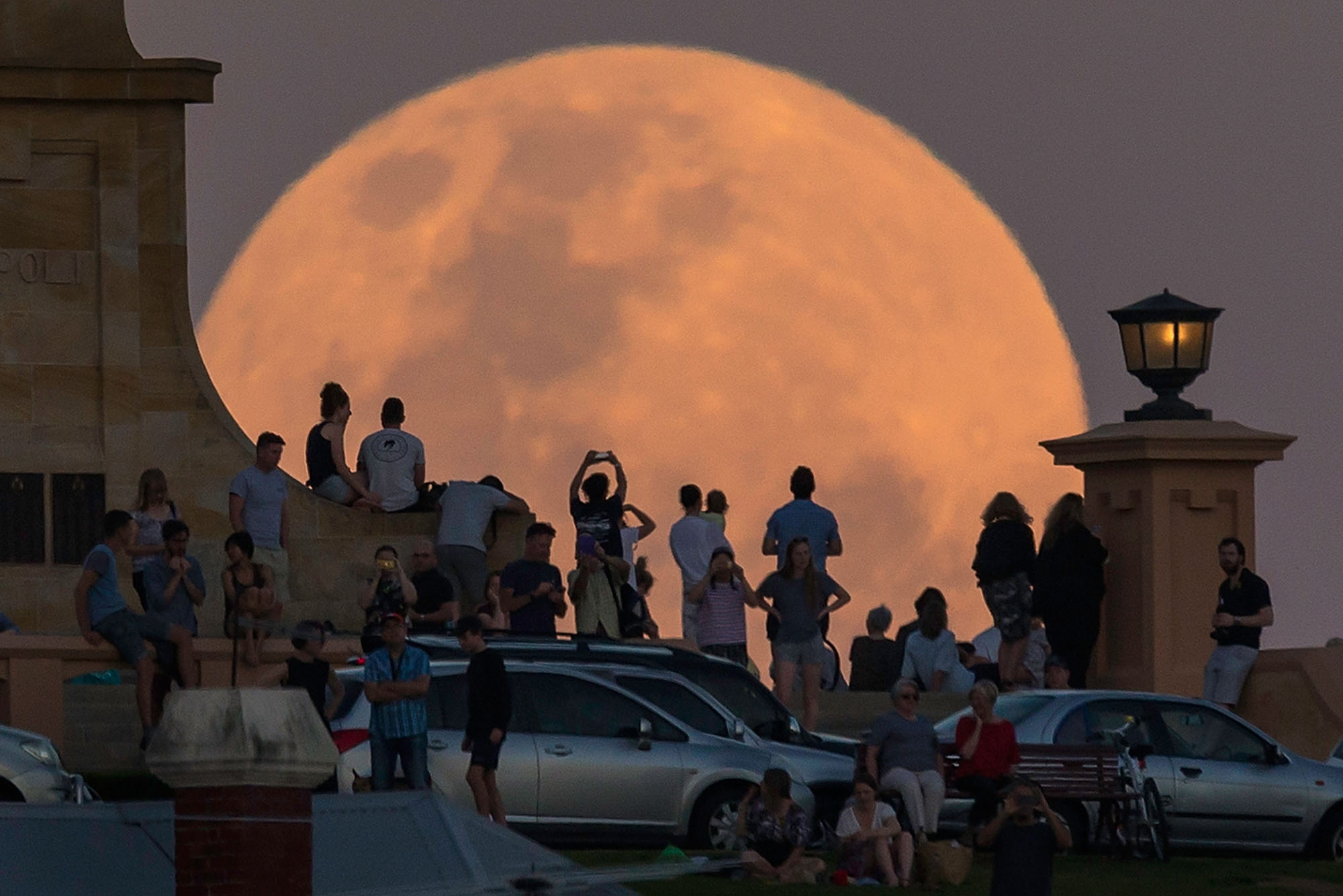
Don’t Miss The Last Supermoon Of The Year
This Thursday, August 11, 2022, will see the final supermoon of the year. August’s full moon, also known as the “Sturgeon Moon,” peaks on Thursday at 9:36 p.m. EDT (0:136 a.m. GMT on Friday), however, it will also be bright and full on Wednesday and Friday nights (August 10 and Aug. 12).

